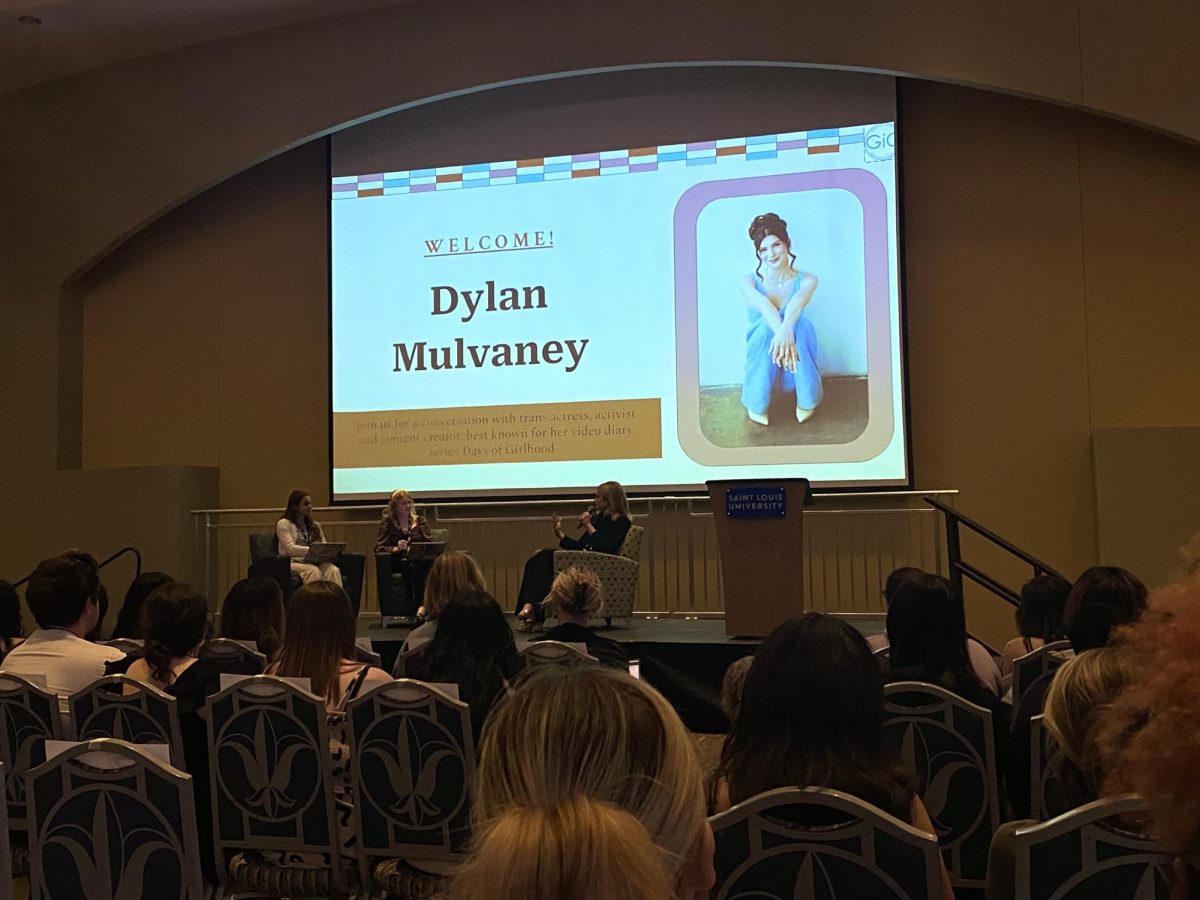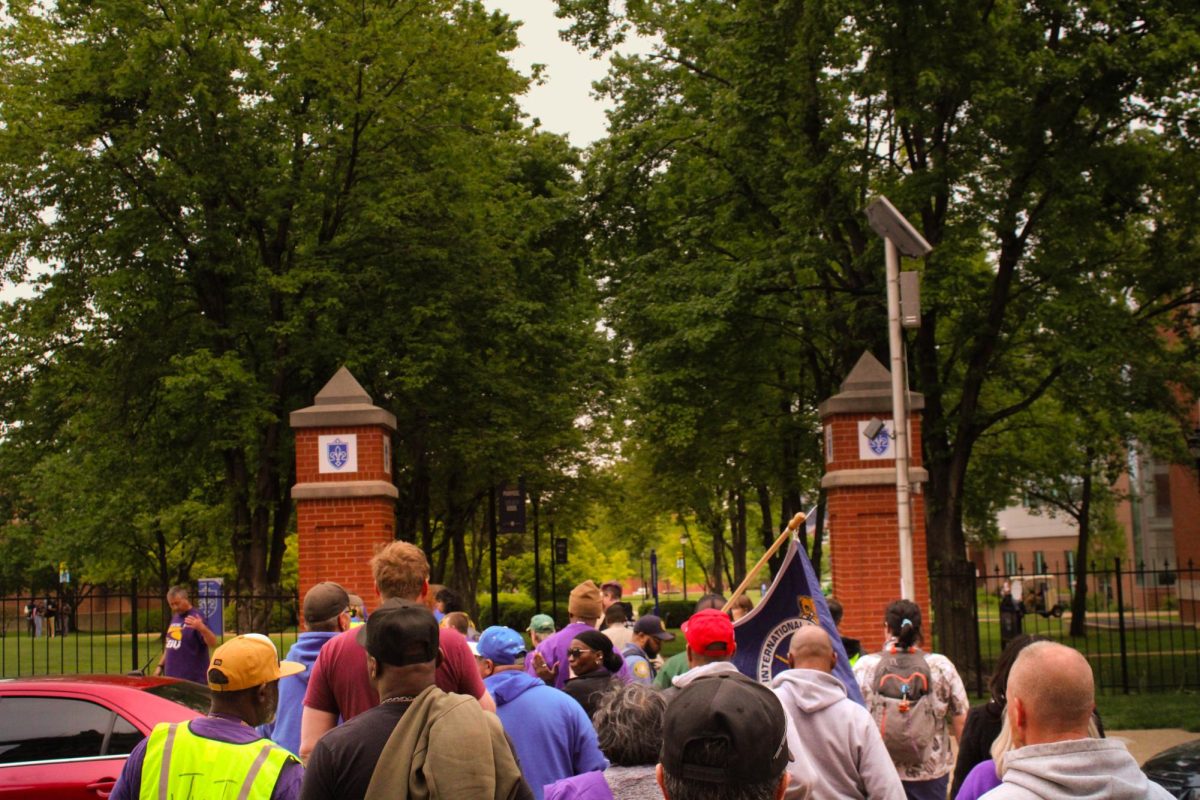Gene Kranz returned to Parks College of Aviation and Engineering
Friday to speak about his tenure as director of NASA’s mission
operations at Johnson Space Center, where he lead teams of mission
controllers that landed Neil Armstrong on the moon and safely
returned the Apollo 13 astronauts to Earth. Kranz addressed a full
house in Carlo Hall’s Tegeler Auditorium.
Kranz entered the space-flight program back when the mission
control center had no computers–only a 60-word-per-minute teletype
that “dated back to the Pony Express,” Kranz jested.
In the Apollo 1 tragedy, Kranz was among those in mission
control who “…listened to their screams as they burned to death,
knowing that we were responsible,” he said.
“We learned that we must never shirk from [responsibility],”
Kranz said. “As a team, we must never fail.”
As flight director for subsequent Apollo missions, Kranz’s
responsibility was to take any action necessary to ensure crew
safety and mission success.
Kranz told his team of twenty-something mission controllers on
the day of the lunar landing in 1969, “Whatever happens here today,
I will stand behind every decision you make.” He said that, when
the first Americans landed on the moon, mission control was 17
seconds away from making an abort decision.
“We had fulfilled the pledge we made to President John F.
Kennedy,” Kranz said of Kennedy’s goal to get an American on the
moon within nine years–a goal made even before a man had been sent
into orbit.
Apollo 13 was the third lunar landing mission for NASA. “We were
hoping…it should go smoothly for us,” Kranz laughed. The
mission’s launch time was 13:13.
“Maybe that should have been our first clue.”
As flight director Kranz placed his trust in the young
controllers he oversaw, who worked as a team to bring the American
flight crew safely home after an explosion on their spacecraft blew
off the side of the ship.
“Trust allows us to make these split-second decisions,” Kranz
said.
The explosion occurred just as the Americans entered the “lunar
sphere of influence,” at which point an abort decision would send
the spacecraft home on a route that took either 55 hours or five
days. Had mission control decided to use the spacecraft’s extra
engine, Kranz said, the astronauts could have made it back to earth
in 55 hours.
“Some gut feeling told me not to use the other engine,” Kranz
said of his decision not to execute a direct abort and swing the
astronauts around the moon instead.
Kranz said to his fellow controllers that day, “We’ve never lost
an American in space. We sure as hell aren’t going to lose one now.
Failure is not an option.”
Kranz’ motto brought his team together to bring the Apollo 13
astronauts home.
“The blackout period…literally affects everybody,” Kranz said
of the standard loss of contact from the spacecraft after its entry
into the atmosphere. “Everybody’s eyes are on the clock, watching
it count down to zero.”
When the astronauts were able make contact again–in this
instance, one minute and 27 seconds after their entry into Earth’s
atmosphere, “The emotional release at that instant is so intense
that every person in the room is crying,” Kranz said.
“I cannot describe to you the intensity of that feeling,” Kranz
said of his instinctual decision to send the Apollo 13 astronauts
on the long way home. “There comes a point where you know you’ve
done all that you can, and you must hand it over to a higher power
to complete the mission.”
Kranz spoke proudly of his alma mater and the respect that Parks
College commands in the United States and around the world.
“This is a story that began right here at Parks–this is a dream
that I had,” Kranz said.
Kranz, a 1954 graduate of Parks College, remained with NASA
through the 1993 shuttle mission to repair the Hubble Space
Telescope. He was portrayed by Ed Harris in the film “Apollo 13,” a
performance for which Harris garnered an Oscar nomination.






